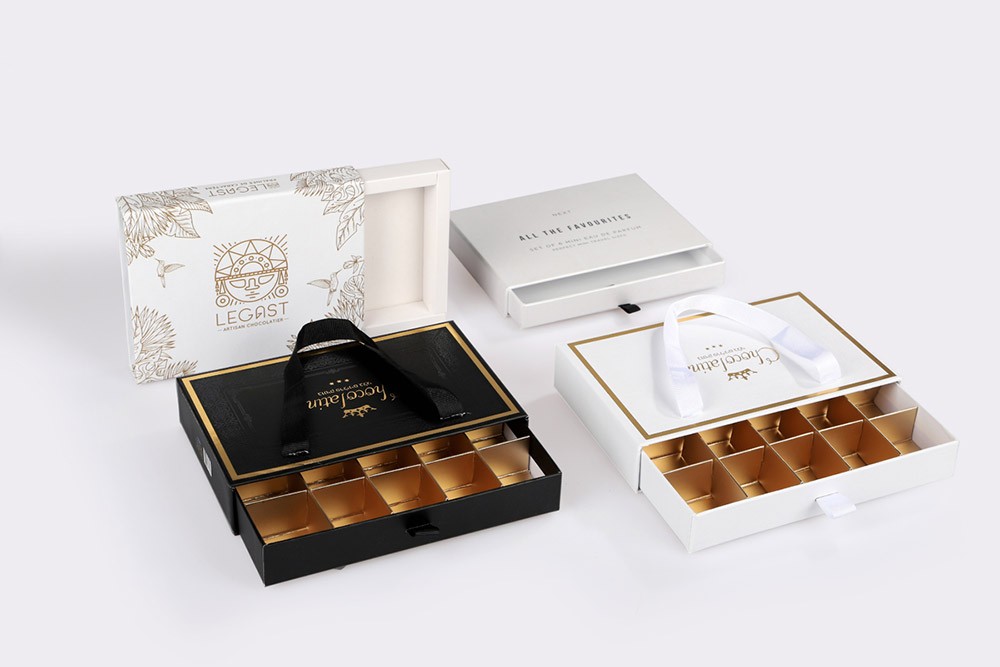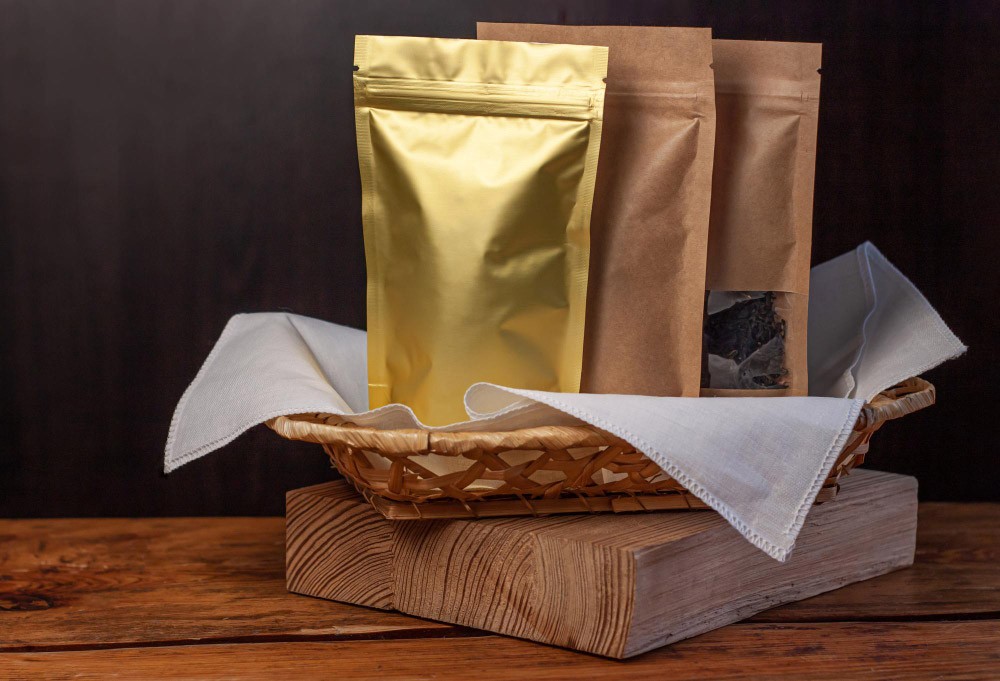Selecting between rigid packaging and flexible packaging is a pivotal decision that should not be underestimated. To leave a lasting impression on your customers and enhance sales through a recognizable brand image, it’s essential to conduct thorough research and find custom packaging that harmonizes with your product.
The initial encounter a customer has with a product’s packaging can significantly influence their overall experience. The subtle variances in texture and materials can convey a powerful message.
Exploring Flexible Packaging
When one thinks of flexible packaging, common associations include printed mail bags and pouches used for food and pharmaceutical products. However, flexible packaging encompasses a broader spectrum, including tubes, sleeves, softer molded plastics, and even carded packaging.
Flexible packaging isn’t limited to food-grade pouches and bags; it can also be crafted from materials like mylar, molded plastics, bubble wrap, branded mailer bags, and more. A proficient packaging company can help you discover a material that not only aligns with your product’s aesthetics but also enhances the customer experience.

The World of Rigid Packaging
Rigid packaging typically consists of heavier materials such as corrugated cardboard or reinforced chipboard. Esteemed companies often turn to rigid pack to safeguard their products and fortify their brand’s reputation.
Rigid packaging includes high-end folding carton boxes, although it should not be confused with “rigid boxes” or “set-up boxes.” These are sturdy chipboard boxes adorned with high-quality printed paper and are frequently associated with premium brands like Apple.
When to Opt for Flexible Packaging?
If your products are not delicate, and cost savings are a priority, flexible packaging may be the more suitable choice. In the realm of the food industry, flexible packaging is prevalent due to its compatibility with food-grade materials.
Flexible packaging excels in insulating perishable goods, offering both chemical and thermal protection. Moreover, it is highly customizable, allowing you to select the size, shape, and color that best accentuates your product without straining your budget.

One of the most significant advantages of flexible packaging is its cost-effectiveness. The materials themselves tend to be more budget-friendly, and its lightweight nature translates into savings on shipping, production, and warehousing expenses.
Furthermore, when it comes to stocking your products, flexible packaging occupies less shelf space, which can make retailers more inclined to carry your merchandise.
When to Opt for Rigid Packaging?
The most apparent use case for rigid packaging is with fragile or valuable items. Shipping a delicate vase or a high-end laptop in flexible packaging would pose a considerable risk to your investment.
Rigid packaging allows you to include protective elements such as styrofoam or air pillows, virtually guaranteeing that your goods will arrive at their destination unscathed. Additionally, it offers insulation against extreme temperatures during transit.
Although rigid packaging tends to be pricier, it provides the advantage of ease of stacking and efficient space utilization. The solid surfaces are also ideal for printing essential information, such as expiration dates or handling instructions.
Rigid packaging often conveys a sense of luxury, and customers may be willing to pay a premium for a product perceived as high-class, regardless of its actual cost.
Selecting the Right Packaging Type
Ultimately, your choice between flexible and rigid packaging hinges on the message you wish to convey to your customers. Flexible packaging conveys affordability and convenience, while rigid box embodies elegance. Rather than favoring one over the other, a combination of both might be the optimal choice for your business. Evaluate these factors carefully before committing to a specific packaging material.
It’s worth noting that rigid packaging can cost up to four times more than flexible packaging. Volume is a crucial factor in pricing, with significant reductions available for orders exceeding 1000 units.
Whichever path you decide to take, engaging a professional packaging company will be instrumental in guiding you through the process and creating a unique brand identity.
As Artaş Pack, you can contact us through our communication channels to get more detailed information about the boxes we produce and to get a price quote.
Phone : +90 (533) 580 23 38
E-mail : sales@artaspack.com

